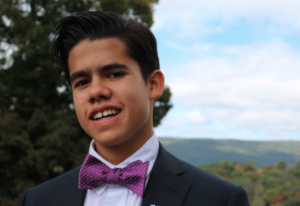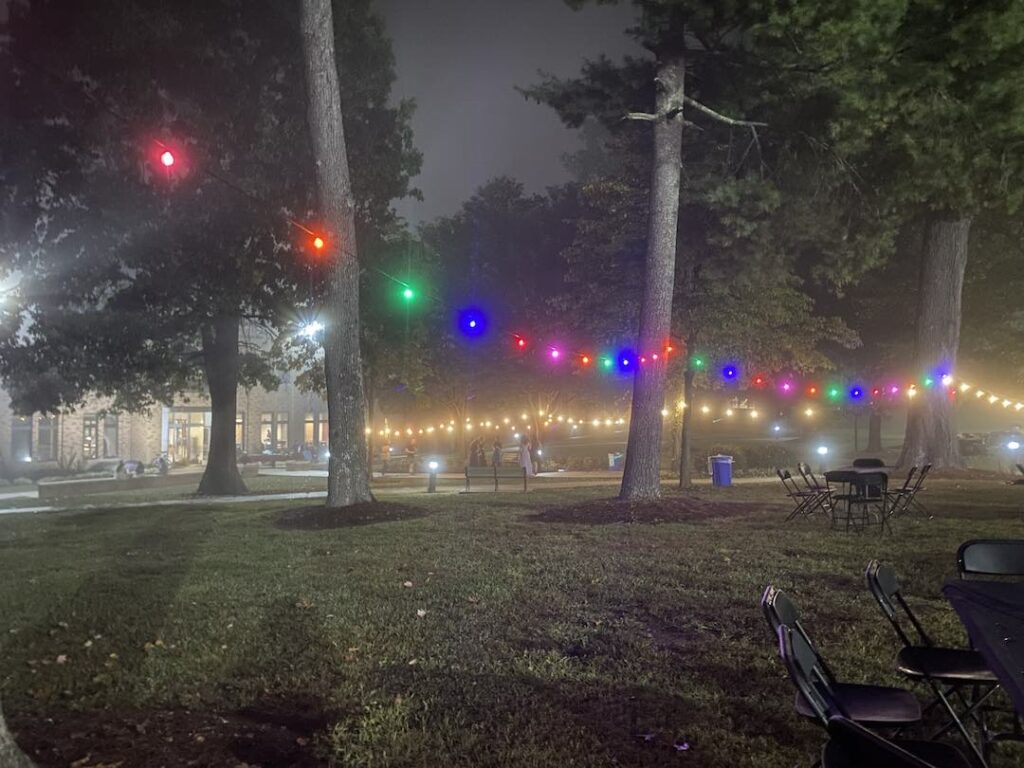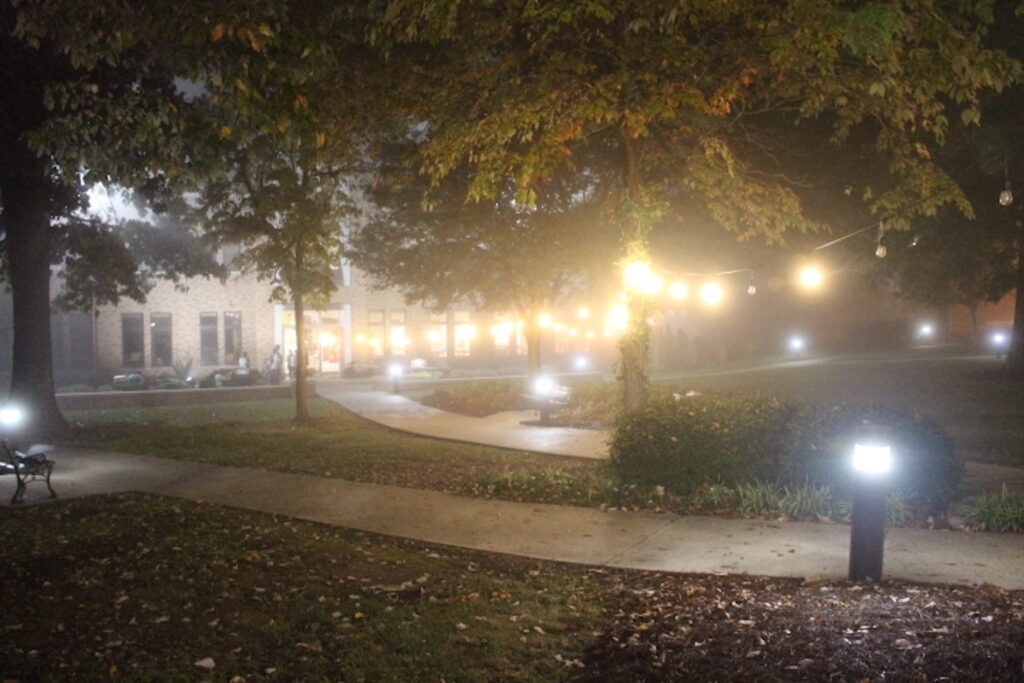Written by: Nathan Ecarma, Editor-in-chief
Although the rumor is millennials don’t read, research shows how we go through more books and blogs than past generations. But my question is, do we know how to read? That is, do we know how to read deeply? Upon further reflection of the qualifying adverb, I realized reading is not skimming nor is it looking at words on a page, but reading is comprehending meaning. So, are we reading?
In an essay on the taking up of a pen, an essayist from the 19 century Hilaire Belloc said that in order to write, we must be alone. Not alone in the sense of isolated, but alone in the sense of erecting a wall between yourself and the book and those around. When we read, much like when we write, we don’t establish a wall. Instead, we read to get “the gist of things” and maintain relations with the world around us.
How often do you find the “zone” when you read? The time of mental focus where your surroundings fade and the pages turn without you realizing it. Could this lack of times of focus be because you checked your phone six times in the past five minutes? Or because you switched tabs? Perhaps it was because you’re sitting with a friend and they mentioned something to you?
I don’t speak to you as one who has perfected the art of reading—no, I am far from that place. I became aware two weeks ago of my destructive habits of phone-checking or switching the song. Even as I write this, I’ve gestured in-between screens on my laptop: to text and to skim an article.
I experienced what it’s like to be in the zone not too long ago. I sat in the cafeteria reading on my laptop. It’s difficult to focus in the cafeteria. But I sat alone, so I thought I’d try to read. I opened up to the last article I told myself I’d read. It was, ironically enough, an opinion piece entitled, “The art of reading.” Although weary from the week, I read. And then it happened. I focused. And the paragraphs rolled. But then it was nearing the next class time and dozens of students dropped off their plate at the conveyor belt which was next to my table. My focus wavered, but I fought and fought to focus. I started reading verbally to myself to maintain focus. I put my hands over my ears. I was enjoying the article and I had worked to focus, so I didn’t want anyone to stop me.
In that article by the book critic for LA Times, David Ulin explained how he has fallen prey to the same problem of focus. He loved books. He loves books. Yet he cannot read. Upon realization of this, he set his course, weighing anchor and opening sails, to re-learn what it means to turn the page. “I force myself to remain still, to follow whatever I’m reading until the inevitable moment I give myself over to the flow. Eventually I get there, but some nights it takes 20 pages to settle down,” Ulin wrote.
Reading is important. Author Rosaria Butterfield thinks “You are what—and how—you read.” Another author Philip Yancey thinks books helped define him. Neglecting reading is neglecting growth—of your personhood and of your character. Books change you. I can think of one particular book that shapes you more than any other.
Yes, the book is the Bible. Yahweh said to the prophet Jeremiah, “Is not my word like fire and like a hammer that breaks the rock in pieces?” His words shatter our stone hearts, conforming us into the image of His son. God told Isaiah that His word does not return to Him void.
Do we read the Bible? I don’t mean read an eight-verse Psalm. I did that for most of high school. I mean the whole Bible. The liverpool bishop from the 19 century J.C. Ryle said it takes the whole Bible to make a whole Christian. The Apostle Paul exhorts us in Hebrews 5 to move beyond the rudimentary, the milk, and reach for the bread. We should read hard books of the Bible, like Leviticus—also known as the graveyard of Bible reading plans. But we should reach for the bread in all types of reading.
I don’t consume much bread. I prefer reading easy books which will give me what I want to know in an instant. We love short articles and factoids the length of a tweet because every time we learn something new, our brain receives a hit of dopamine. In an experiment, Philip Yancey pointed out in his article, rats preferred this hit of dopamine over food and sex. I love learning new ideas, but I don’t like studying them all that much. I don’t like the mundane. I get through about half of the books I buy, but then I abandon them allowing dust to gather because the new ideas were in the introduction and first few chapters. After those 50-some pages, I glance at a newer book, filled with new ideas, and so I reach for it because my attention span is about one chapel announcement.
Reading difficult, old books is hard. The language is archaic. The ideas seem out of date. But we must read old books. C.S. Lewis said, “It is a good rule, after reading a new book, never to allow yourself another new one till you have read an old one in between. If that is too much for you, you should at least read one old one to every three new ones.”
Re-learning how to read is a burden. It takes practice. It takes habit. Yancey wrote, “We have to build a fortress with walls strong enough to withstand the temptations of that powerful dopamine rush while also providing shelter for an environment that allows deep reading to flourish. Christians especially need that sheltering space, for quiet meditation is one of the most important spiritual disciplines.” Build a fortress. Don’t let anyone in until you finish what you set out to read. Set a timer for 10 minutes and read. See how many times you reach for your phone. I reached around eight times.
Finally, when you read, flip over your phone, put in earphones, and read.
Author’s Note:
Reading suggestions:
- The Confessions, Saint Augustine
- On Reading Old Books, C.S. Lewis
- The Apostle Paul’s letter to the Romans (Read non-stop in one sitting)
- The death of reading is threatening the soul, Philip Yancey
- Knowing God, J.I. Packer
- Any book from Dr. Impson’s Book List
Nathan Ecarma studies Bible, culture, and language. He serves on the Worldview Initiative and as Editor-in-Chief for the school newspaper, the Bryan Triangle. Follow his Twitter: ecarmanathan





